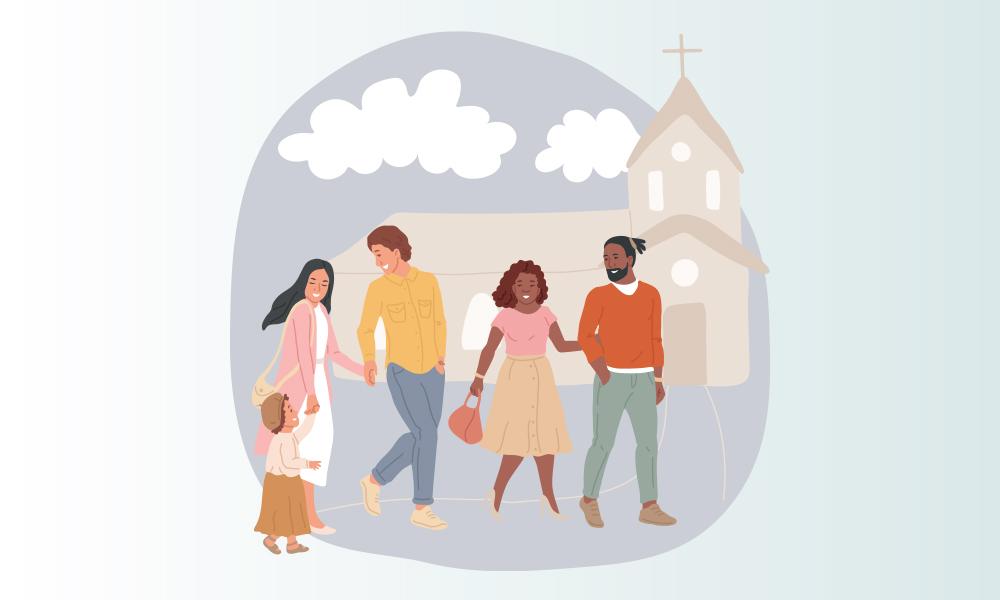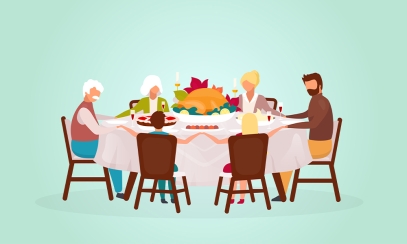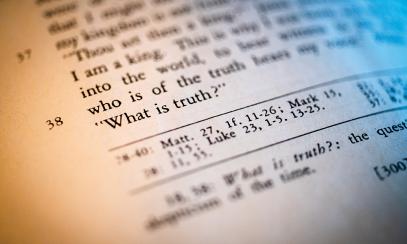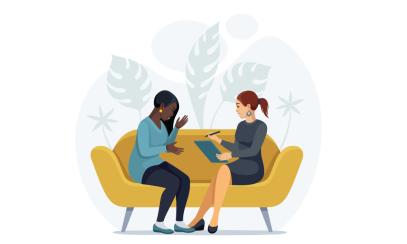
Navigating parish pain
Sometimes we experience interpersonal conflicts within the Body of Christ. This can be called parish pain.
Sometimes we experience interpersonal conflicts within the Body of Christ. This can be called parish pain.
Parish pain is an experience in which you have been hurt by another member of the parish. This may be due to gossip, backstabbing, ostracism, or competition. Did you not win the election for the parish council? Does a new parishioner receive more attention than you? Did someone misunderstand something you said and are parishioners now spreading misinformation about you? Did your child try to sell candy for their school fundraiser, yet no one bought any to support her? Has your pastor not asked you to be a lector for Mass in over a year, and you don’t know why?
Parish pain is an experience in which you have been hurt by another member of the parish. This may be due to gossip, backstabbing, ostracism, or competition. Did you not win the election for the parish council? Does a new parishioner receive more attention than you? Did someone misunderstand something you said and are parishioners now spreading misinformation about you? Did your child try to sell candy for their school fundraiser, yet no one bought any to support her? Has your pastor not asked you to be a lector for Mass in over a year, and you don’t know why?
Parish pain creates distraction, disenfranchisement, division, and doubt: distraction from the liturgy; disenfranchisement from the Eucharist; division among the parishioners; and doubt about remaining a member of the parish. Many of us know individuals, as well as entire families, who have left their parish, or even the Catholic Church, because of a disagreement with another person or other deep parish pain. Were you the person that left?
If so, when you experienced that hurt, what was the first thing you did? Did you pray?
Often, it is hard to remember to “cast all of your anxiety on Him because He cares for you.” (1 Pt 5:7) If we can remember to pray in times of pain, we are able to recall that forgiveness is one of the most important virtues in the Church. We must forgive to be forgiven. Yet, who thinks about forgiveness when they are in pain?
Working to find love through pain can be accomplished by first acting in love towards yourself as described in 1 Corinthians 13:4-7. We must be patient and kind to ourselves. We must not hold on to the record of hurtful things that have been done to us. We must also be honest with ourselves about the pain as we seek resolution. Not surprisingly, this sounds a great deal like forgiveness.
Of course, this does not mean that we assume blame for what was done; rather, we must work to become accountable for thoughts and feelings, ultimately coming to the understanding that the only things we can control are our own actions. Sometimes counseling helps. Maybe conflict resolution, as described in Matthew 18:15, could build our assertiveness skills, or learning cognitive restructuring skills could release the thoughts and emotions that contribute to the pain, allowing forgiveness and a reduction of stress and anxiety.
We all know that it is sometimes difficult for family members to agree. A parish family (the Body of Christ) is no different. Hurt happens, but once resolved, the family is stronger. Let us all work to heal hurt in our parishes and build a stronger Body of Christ.
Griena H. Knight Davis is a licensed professional counselor at Catholic Family Services in Birmingham. She has a doctorate degree in education and is a national certified counselor, Board-certified coach, and Board-certified-telemental health counselor.



